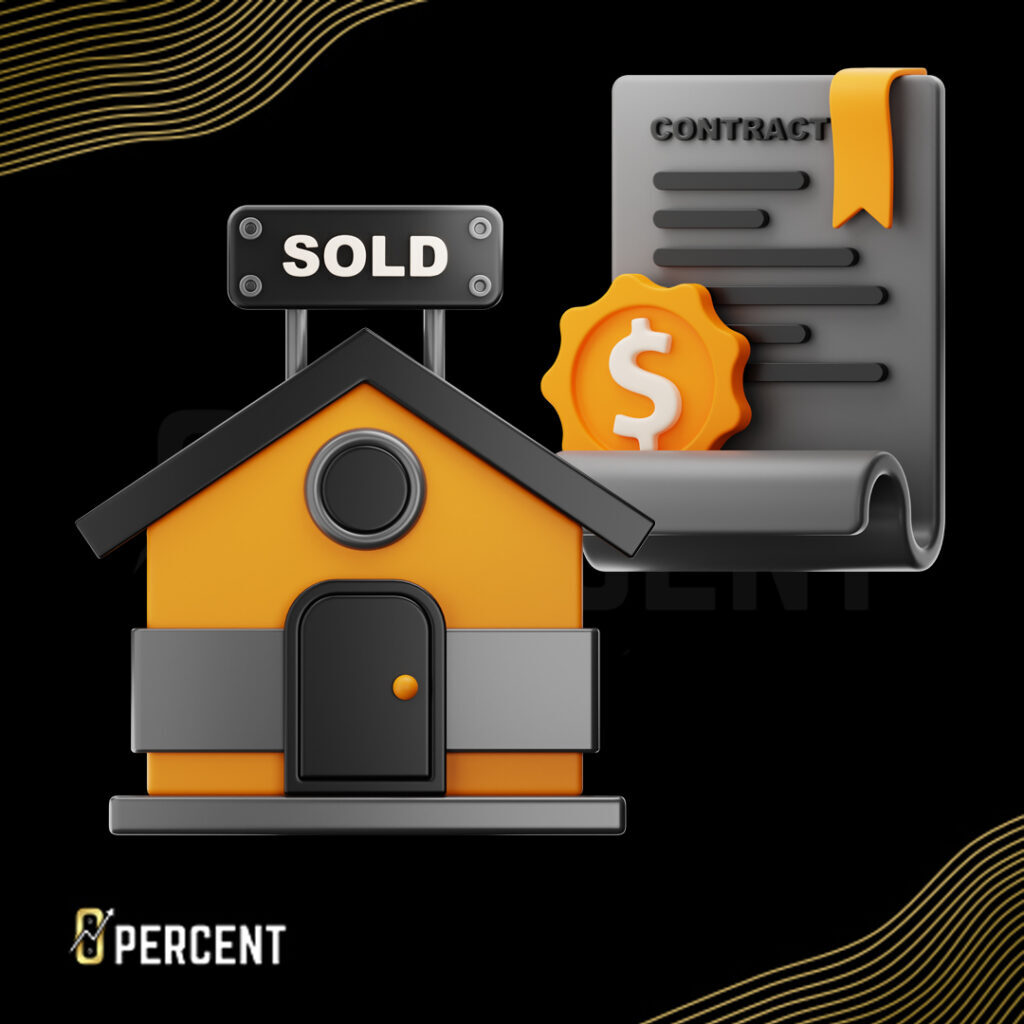
Jeff Sekinger
Jeff Sekinger Founder & CEO, 0 Percent Who is Jeff Sekinger? Visionary Trailblazer Sekinger has been in the financial industry for over a decade. Starting
While cryptocurrency is disrupting the real estate sector in terms of offering a novel medium of exchange, its underlying technology, blockchain, is offering an entirely different disruption: automation.
Smart contracts are computer programs that automatically execute the terms of a contract as specific conditions are met. The next phase of the contract cannot be executed unless the prior one has been successfully fulfilled. Not only do smart contracts enable transactions to occur in an otherwise trustless model, they offer automation that can streamline the process of buying and selling real estate. This makes the overall process faster, more efficient, and more secure.

One of the key benefits of smart contracts in real estate is the efficient and secure transfer of ownership. Once the terms of a sale have been agreed upon, such as the exchange of funds, they will be embedded in the lines of code that make up the smart contract. The smart contract can then automatically transfer the ownership of the property from seller to buyer. This eliminates the need for intermediaries such as banks and escrow companies, which saves both time and money for both parties.
Another major benefit of using smart contracts when conducting any form of exchange — certainly one as significant as a real estate transaction — is that smart contracts help to minimize the risk of fraud. A smart contract can be set up to automatically release funds from the buyer’s account to the seller’s only once all terms of the sale have been met. Smart contracts allow for trust in an otherwise trustless system, eliminating the necessity of traditional intermediaries like banks and escrow companies via this exact process. The transfer of funds for ownership will not be finalized unless all terms of the mutually agreed upon contract have been successfully met.
Smart contracts carry the potential to revolutionize more than simply the exchange of real estate ownership. With the use of smart contracts, landlords and tenants can benefit property management from a more automated and efficient process of collecting mortgage & rent payments, as well as utility bills. Eliminating the need for intermediaries such as banks, this makes the process far more cost effective.
Additionally, smart contracts being recorded on the blockchain provides an extra layer of security and transparency. Blockchains are digital ledgers and can be viewed by anyone. While some blockchains are private, others are public and easily verifiable, ensuring that the transaction is secure and has not been edited in any way. This ensures that both parties are held to the same level of accountability.
The use of smart contracts — in the context of real estate or any other — is not without its downsides. Currently, there is a lack of regulatory and legal frameworks used to govern the use of this emerging technology, should there be any disputes between parties. As the technology becomes more widespread, it is possible that clear guidelines will be put in place to ensure that the technology is applied in a universally consistent and reliable manner.

Jeff Sekinger Founder & CEO, 0 Percent Who is Jeff Sekinger? Visionary Trailblazer Sekinger has been in the financial industry for over a decade. Starting

Angel Alvarez Funding, 0 Percent Who is Angel Alvarez? From SpaceX to 0 Percent Angel is a remarkably well rounded individual who has had a

Abhay AnandProduct, 0 Percent Who is Abhay Anand? Title One Test Title Two Test Test
Sign up to receive news & updates!
Sign up to receive news & updates!